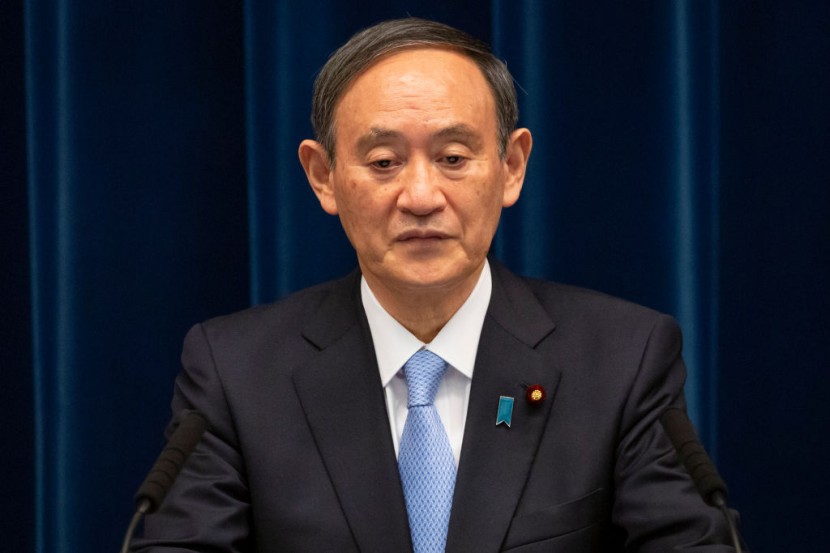
In 2021, Japan's China policy has been more aggressive with the increase in Chinese activities in the Indo-Pacific. The East and the South China Sea have been the scene of increased military activity, one of these is about the Senkaku Islands, which Beijing claims.
Japan's China policy major shifts in 2021
The Japanese government has taken a hardline stance against the Chinese regime, as the east and south China seas are the flashpoints and the threat to Taiwan, with a host of charges that includes blatant human rights violations, reported by the Epoch Times.
Last April 5, the Kyodo News Agency published an article about "Focus: Japan's China Strategy Is at Critical Juncture," before Prime Minister Yoshihide Suga visited the United States, posted in a Chinese-language site. The article featured significant policy changes how China's move impacted the situation.
According to top U.S. military officials, Japan could be plunged into a national crisis once China decides to invade Taiwan militarily, which could happen in the near future. This becomes a reality as the CCP gets bolder in its actions lately.
While testifying before the Senate Armed Services Committee on March 23, U.S. Navy Adm. John Aquilino, a nominee for the U.S. Indo-Pacific commander, projected that China could plan to launch a military invasion against Taiwan just before 2045, based on various reports. This is one of the factors for Japan's China policy.
Japan's Dispute Over Chinese Ships in East China Sea Near Senkakus Will Get U.S. Support
Adm. Phil Davidson, the current U.S. Indo-Pacific commander, said that it might be earlier than everyone thinks. He says it will be six years to need longer-ranged missile defenses fired from land bases in the Western Pacific to threaten Chinese forces. These missiles will be pointed at the Taiwan Strait and the Senkakus, which the PLA covers.
The Senkaku islets are in contested waters called the Tiao-yu Islands in Taiwan and the Diaoyu Islands by the CCP. Chinese forces have repeatedly had incursions on the Senkakus as it probes the Japanese defenses.
Japanese authorities are thinking of before-upping coastal defenses with U.S. land-based missiles, aiming at the Chinese forces near the Senkaku Islets and the Taiwan Strait.
China's recent coast guard law
It did not take long for the National People's Congress (NPC) to create the China Coast Guard Law on January 22, which became effective in February, to give power to China's maritime law enforcement to shoot on foreign ships needed. One criticism is that the Chinese coast guard does not control the supposed water bodies that are not China's.
According to Jun Tsuruta, an associate professor of international law based in Japan's Meiji Gakuin University, it challenges Japanese territorial rights. The Communist regime uses a loose definition of jurisdictional waters that is not based on international law. He calls the Chinese Coast Guard a law enforcement agency and a military agency based on the text.
This law is not accepted by countries other than Japan, like the Philippines and Vietnam, which the Chinese regime has bullied in their territories.
One apparent change in Japan's China policy was evident on February 4 when bout countries met in the 12th Round Meeting of the Japan-China High-Level Consultation on Maritime Affairs.
On February 4, the Japanese government conveyed "strong concerns" over the controversial law at the 12th Round Meeting of the Japan-China High-Level Consultation on Maritime Affairs. Just like Taiwan, the CCP wants to grab the Senkakus from Tokyo.
© 2026 HNGN, All rights reserved. Do not reproduce without permission.








